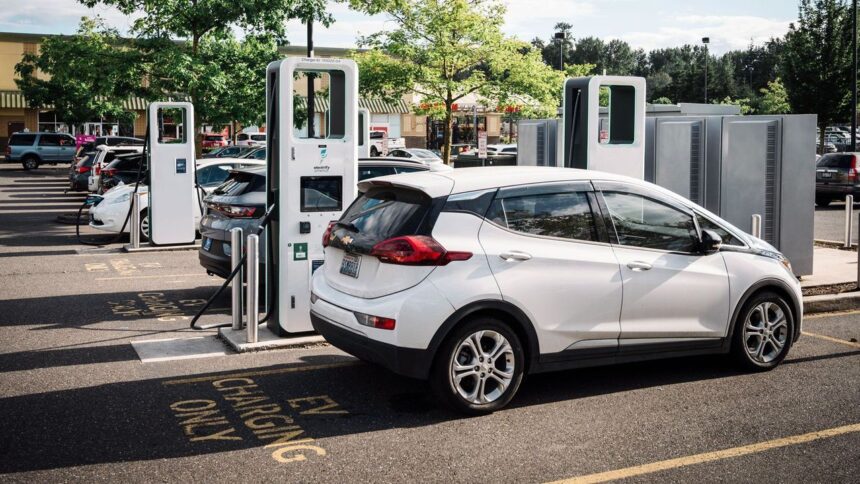The demand for electric vehicles (EVs) is growing rapidly, and communities are adapting to accommodate this shift. As a result, homebuyers are increasingly prioritizing properties that support sustainable transportation. Cities and suburban areas are integrating EV charging stations, solar-powered infrastructure, and improved grid capacity to make eco-friendly living more accessible.
Real estate developers are also taking note, designing new residential areas with built-in EV charging solutions. Apartment complexes, single-family homes, and commercial properties now come equipped with charging stations, making these areas highly desirable. This trend is not just a passing phase—it represents a long-term change in how people view property investments.
How Sustainable Transportation Influences Homebuyers
Sustainable transportation options, such as EVs and public transit enhancements, are becoming key factors for homebuyers. Properties located in areas with EV infrastructure tend to see higher demand and increased property values. A home with a dedicated charging station is now a significant selling point, attracting buyers who prioritize environmental responsibility and long-term cost savings.
In urban areas, developers are integrating EV-friendly features into high-rise buildings and mixed-use developments. Meanwhile, suburban and rural communities are expanding their charging networks to attract buyers seeking a balance between sustainability and convenience. As more people adopt electric vehicles, real estate professionals must recognize the growing impact of EV-friendly amenities on market trends.
Government Incentives and Policies Supporting EV Infrastructure

Governments worldwide are introducing incentives to promote sustainable transportation. Tax credits, grants, and rebates are making it easier for homeowners and developers to install EV charging stations. Some municipalities are even implementing zoning regulations that require new developments to include EV-friendly infrastructure.
These policies not only benefit homeowners but also contribute to broader sustainability goals. By integrating charging networks into residential areas, governments encourage the adoption of EVs while enhancing the value of properties. Homebuyers looking to invest in eco-conscious real estate are likely to benefit from these financial and environmental incentives.
The Financial Impact on Property Values
Homes with EV charging capabilities often have a competitive edge in the market. Studies suggest that properties with sustainable transportation features can command higher resale prices and sell faster than those without. This shift is particularly evident in regions where EV adoption is high, such as California, Norway, and parts of Canada.
Real estate investors are also recognizing the value of EV-friendly properties. Rental units equipped with charging stations appeal to a growing demographic of eco-conscious tenants. As the transition to electric vehicles accelerates, properties that support this change will continue to appreciate in value.
Future Trends in EV-Ready Real Estate
The real estate industry is evolving to meet the needs of an increasingly electric future. In the coming years, we can expect further innovations such as wireless charging technology, solar-powered charging stations, and smart grid integrations. These advancements will further cement the role of sustainable transportation in shaping modern housing markets.
Developers who embrace this trend early will have a significant advantage. Homebuyers and investors alike should consider the long-term benefits of properties designed for an EV-friendly lifestyle. As the world moves toward a greener future, real estate and sustainable transportation will continue to intersect, creating new opportunities for both homeowners and businesses.
Conclusion
The rise of EV-friendly communities is transforming the real estate market, making sustainable transportation a key consideration for homebuyers and developers. As government incentives, infrastructure advancements, and consumer demand continue to grow, properties that support electric vehicle adoption will become increasingly valuable. Whether you are looking to buy, sell, or invest, keeping an eye on this trend can help you make informed real estate decisions in the years to come.
